Someone once said that if you want to know who is rich and who is poor, go to the hospital, especially the central hospitals at the end of the line, the big hospitals and you will see right away!
Recently, when I visited a relative who was being treated at a central hospital, I witnessed the story of a father and son. The father was 53 years old but his skin, figure, and face were ashen and wrinkled as an old man in his seventies. The son was over 20 years old but his body was thin and his skin was ashen. Because of the family's difficult economic conditions, the father and son were too absorbed in making a living in the highlands and paid little attention to their health. When the disease became serious and they went to the capital for examination, the doctors required immediate hospitalization and surgery to preserve their health. The whole family had to sell almost all their pigs and chickens and run around to raise enough money to pay the hospital 50 million VND before going to the operating table. After much persuasion, the hospital scheduled the surgery for both father and son on the same day. After the surgery, the son was in more severe pain and was given priority by his family to stay in a treatment room with a bed upon request (lowest class) for 400,000 VND/day and night. The father stayed in a regular treatment room.
 |
| Patients with respiratory diseases are treated at the Central Lung Hospital. Illustration photo: nhandan.vn |
The two rooms were separated by a wall, the same size, both had 10 beds, each equipped with two air conditioners. The treatment room with a bed on request had a refrigerator, a water purifier on site, and an air conditioner that ran all day and night; while the other room had an air conditioner that was turned off day after day. In the treatment room with a bed on request, the air conditioner made the patients feel much more comfortable. As for the general treatment room, although each patient was allowed to buy an electric fan the size of two hands to use, the air in the room was still stuffy because of the heat and human odors that surrounded them from all sides.
After 3 days of lying in a cool air-conditioned room, the son felt sorry for his father who had to endure the heat so he asked the medical staff to move his father to his room for treatment, while he volunteered to stay in his father's room. As soon as he finished speaking, instead of explaining gently and kindly to the patient, the medical staff said a sentence like a reprimand: "This is a hospital, not a market, so you can move around as you please!"
After spending many days in the general treatment room, due to the hot and stuffy air, several elderly patients asked the medical staff to turn on the air conditioning for about an hour in the middle of the afternoon, and received a decisive and cold answer: “The autonomous hospital has to take care of everything, so electricity and water must be used for the right purpose, in the right place, and in the right place. If any patient wants to be cooler and cleaner, they can pay more to move to the treatment room with a bed upon request!”
It is known that currently, some hospitals are in the process of implementing financial autonomy. This is the right policy, but if hospitals find every way to exploit patients to get more money and only care about rich patients, patients who are examined and treated on demand, then poor patients, patients who are examined and treated under the health insurance regime will still suffer a double loss.
A humane medical system must care for all patients equally. For poor patients and patients in remote areas, hospitals must care for, help, support and create conditions for them to access and enjoy convenient medical services. While the medical examination and treatment facilities and medical equipment of public hospitals are invested, built and purchased by the State, why do some hospitals still show an unfair attitude when examining, treating and caring for patients? If a medical profession only thinks about money, does everything to collect more money without treating poor patients equally and fairly, can the white coat preserve the purity of the soul and conscience of the doctor?
NGO MINH
Source








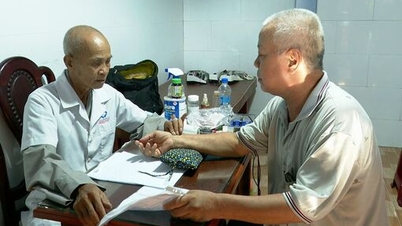

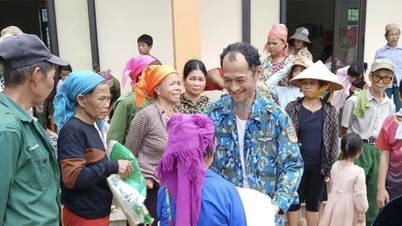

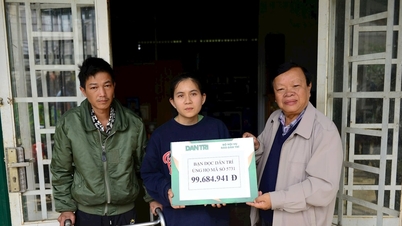

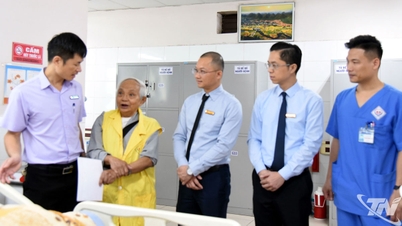

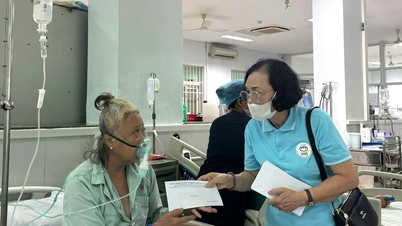

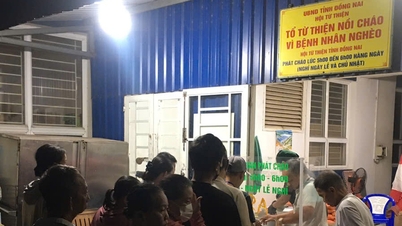

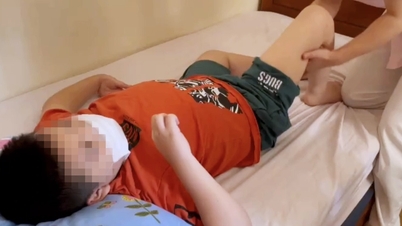

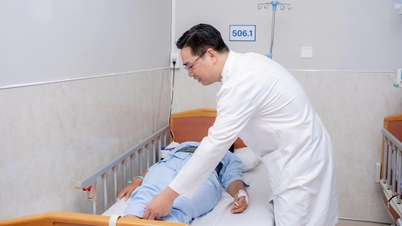



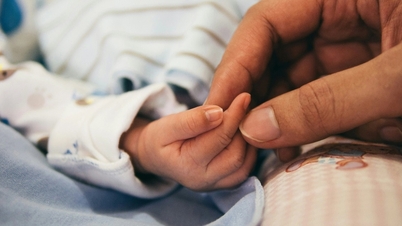






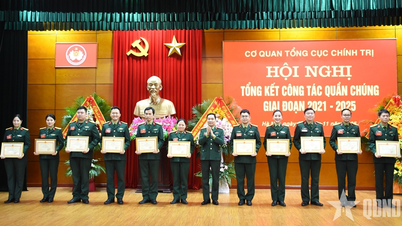
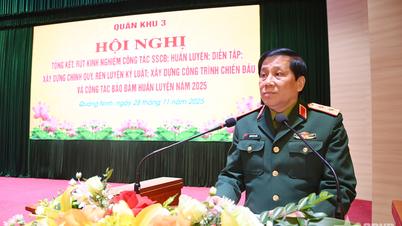
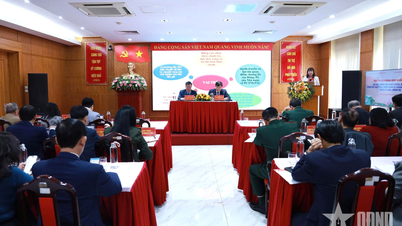






















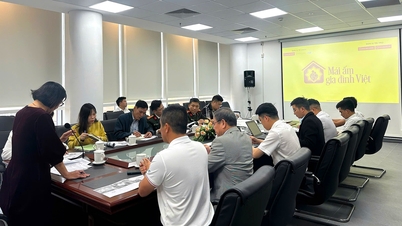



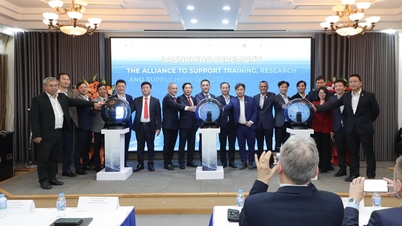















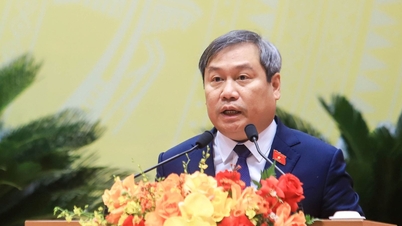
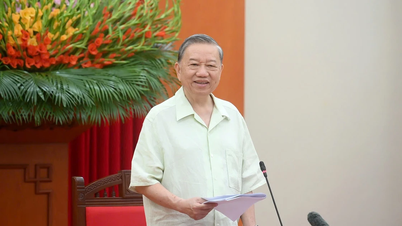

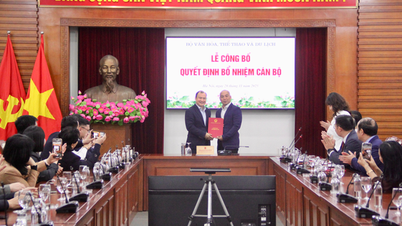

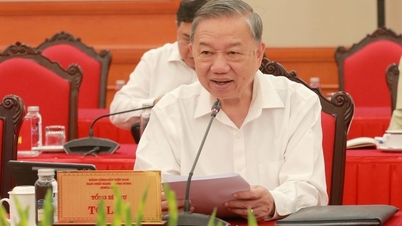

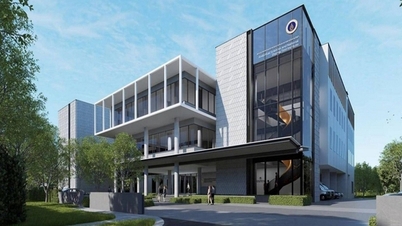
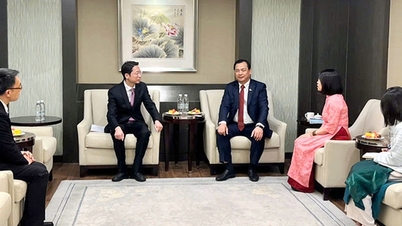
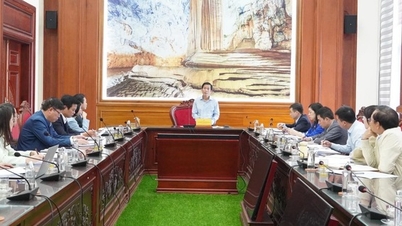
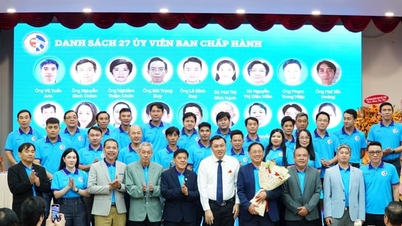


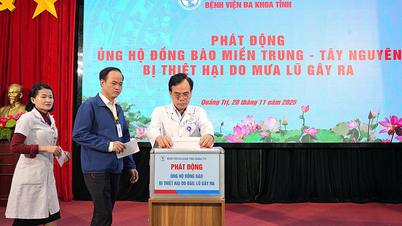





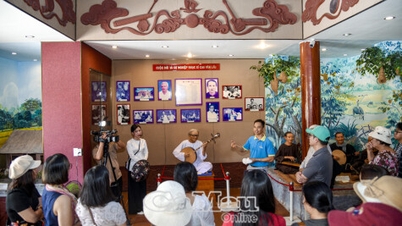













Comment (0)